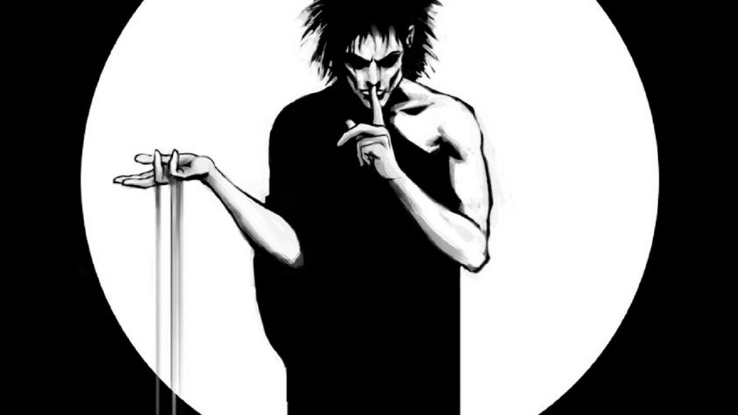
Accessible, beautiful, engaging — graphic novels have so many qualities that make them utterly captivating. The tales they tell aren’t just interesting; their artwork adds another dimension altogether, making them a feast for your brain and your eyes. If you’re new to the graphic novel scene and are looking to dip a toe into its deep waters, then you’ve come to the right place. While it can be easy to get overwhelmed by the huge number of choices you have, certain graphic novels have established themselves as landmarks of the genre — or are definitely on their way there — which makes them great starters to pick up and peruse.
In celebration of Free Comic Book Day on May 1, take a look at some of the most iconic, celebrated and popular graphic novels in print. Whether you’re into memoirs or fantasy, and whether you adore colorful digital artwork or the homespun charm of pen-and-ink drawings, you’re sure to find something you love looking at just as much as you love reading it.
“Honor Girl,” by Maggie Thrash (2017)
In Honor Girl, Maggie Thrash recounts her teenage summers spent traversing the pressures of adolescence at the all-girls Camp Bellflower in the Appalachians. As the story unfolds, 15-year-old Maggie is surprised to find herself crushing on an older girl named Erin, who works as a counselor. Amidst the competition to become “Honor Girl,” the camper who best represents the qualities the camp tries to instill in those who spend their summers reenacting Civil War battles and shooting rifles, Maggie navigates heartache and the gripping fear of what other campers will do if they find out she’s gay.
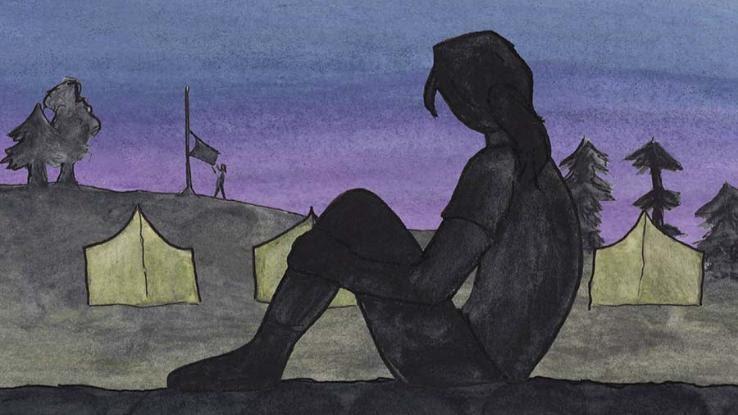
The artwork in this graphic novel is simple, almost resembling something a teenager would’ve drawn during art class at camp, and that only adds to its charm — it’s immersive and folksy enough to make it feel as though you’ve fully been invited into Maggie’s mind. And the struggles and trials Maggie endures while figuring out her own identity during a transformative summer — along with period details that’ll transport you right back to the late 1990s — will resonate with anyone who’s encountered that uniquely teenage brand of hope and longing.
“Laura Dean Keeps Breaking Up With Me,” by Mariko Tamaki (2019)
Named one of Forbes’ Best Graphic Novels of 2019, writer Mariko Tamaki and illustrator Rosemary Valero-O’Connell’s Laura Dean Keeps Breaking Up With Me takes an honest look at toxic relationships. The manga-style story follows Frederica Riley, or “Freddie,” a self-conscious teenage girl who finds herself in a relationship with the popular Laura Dean — who, as the title reveals, continually breaks up with Freddie at random whims, only to restart their relationship over and over.
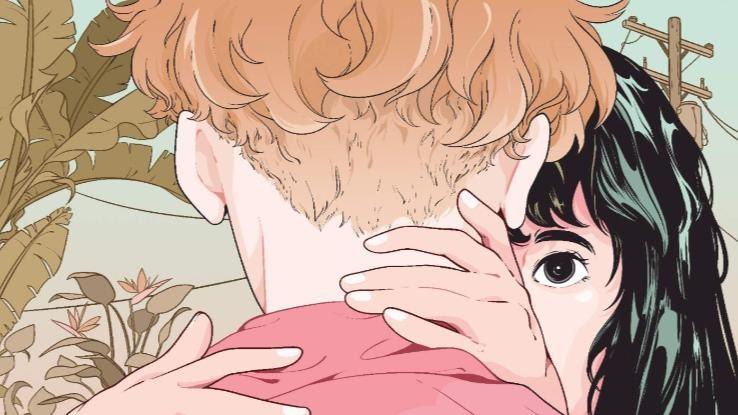
As the on-again, off-again relationship continues to play out, however, Freddie is forced to take a look at whether riding this emotional roller coaster with Laura Dean is really worth the consequences. Juggling relatively adult themes — particularly because the characters are at the precipice of adulthood themselves — against a backdrop of bright colors and a familiar art style, Laura Dean Keeps Breaking Up With Me is ideal if you’re looking for deep characters and a story that champions diversity and queer themes.
“Persepolis,” by Marjane Satrapi (2000)
A veritable titan in the world of graphic novels, Persepolis is a highly acclaimed autobiographical tale that recounts the author’s childhood during the 1979 revolution in Tehran, Iran, and charts her adolescent years in Vienna, Austria. Aiming to show the realities of living in Iran during a time of major social and political upheaval — not the biased, agenda-driven media version of the Iranian Revolution that, according to the author “didn’t represent my existence at all” — Satrapi provides visual context for global readers using weighty black-and-white artwork and a beautifully woven story.
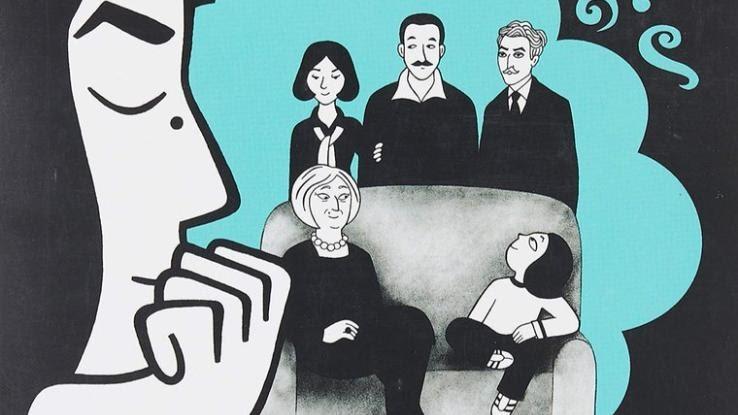
As one of the American Library Association’s “Top 10 Most Challenged Books” due to its depictions of politics, religion, race and other important topics, you shouldn’t expect Persepolis to be a walk-in-the-park read. But you should expect this award-winner to be illuminating and unforgettable. It’s a piece of literature in its own right, one that demands critical thinking and forces us to contemplate the realities of war and the way the media shapes our perception.
“Saga,” by Brian K. Vaughan (2012–Present)
Saga is a multi-issue (right now there are 54, and production has been on hiatus since 2018) science fantasy-slash-space romance created by Brian K. Vaughan and illustrated by Fiona Staples. Named one of Time‘s top 10 graphic novels of 2013, Saga follows two star-crossed extraterrestrials, Alana and Marko, who fall in love despite the fact that their races have long been at war. The married duo at the center of this space-age Romeo and Juliet epic struggle to care for their daughter Hazel and find safety as they combat a Star Wars-esque evil empire.
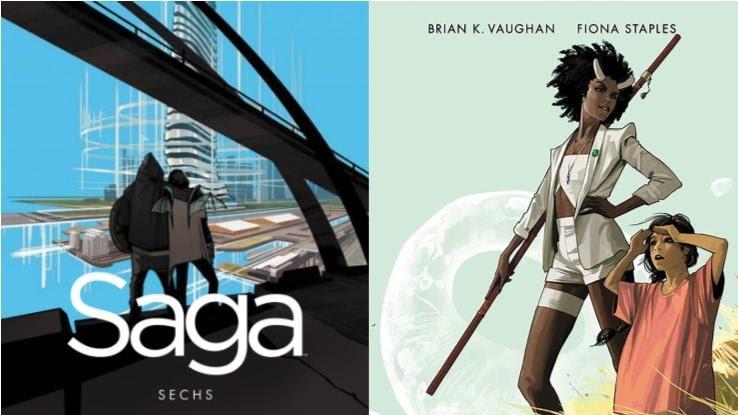
If you’re looking for something to really sink your teeth into, a new galaxy to get lost in while you shelter in place, this critically acclaimed series should do the trick — and not just because it’s won over two-dozen Harvey and Eisner awards. “Saga is one of those comics that proves the value of the medium,” notes Luke Frostick of Bosphorus Review. “If you’re an adult…and you want to get into comics…then pick up Saga.”
“Blankets,” by Craig Thompson (2003)
Blankets recounts the story of a young Craig Thompson, who was raised in an Evangelical Christian family from the Midwest. In a tale told through flashbacks, the graphic novel follows Craig as he falls in love with a girl named Raina during a winter church camp and the two explore the struggles of faith, adolescence and relationships. This coming-of-age story also looks into the subtleties of family dynamics — in particular at how religion influences those relationships — and how we re-process and reframe our formative years when looking back on them as adults.
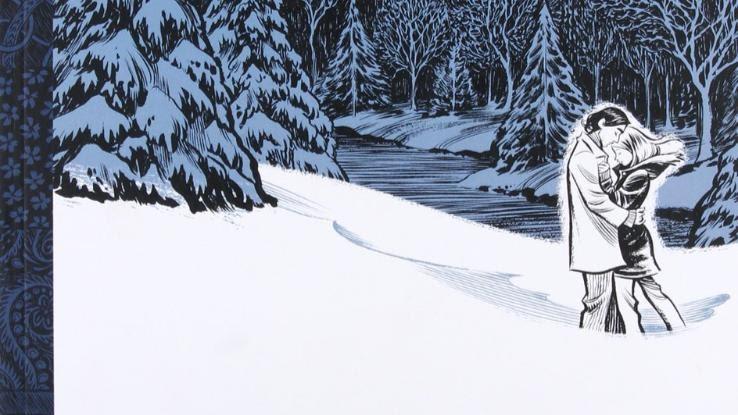
The winner of two Eisner and three Harvey Awards, Blankets is full of lush, flowing ink drawings that will drop you right back into the joys and angst of early adolescence. It’s a “superb example of the art of cartooning: the blending of word and picture to achieve an effect that neither is capable of without the other,” and it demonstrates precisely why and how graphic novels can be so engrossing.
“The Sandman,” by Neil Gaiman (1989–1996)
Want to jump straight to the top and read one of the most acclaimed graphic novels — maybe of all time? Check out Neil Gaiman’s The Sandman, which was one of the first graphic novels to make it onto The New York Times‘ Best Seller List. Between 1989 and 1996, Gaiman produced an incredible 75 total issues, along with one special and multiple spinoffs, which are now available in several volumes. How perfect is that if you’re looking for something binge-worthy and all-consuming?
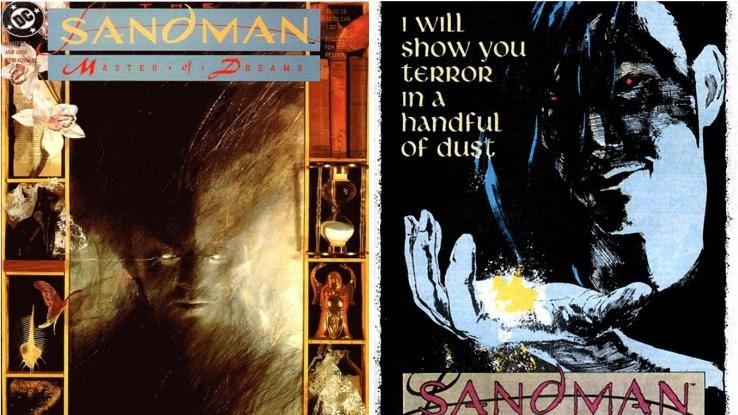
Each tome is packed with gorgeous, colorful artwork from some of the most talented artists in the medium. But, woven with mythology from a variety of different ages, the storyline itself can be a bit tricky to summarize. When Neil Gaiman was asked to attempt to explain the plot in a single sentence, he replied, “The Lord of Dreams learns that one must change or die, and makes his decision.” Cryptic? Absolutely. But suffice it to say that if you like unique domains, all-powerful beings and dark fantasy, The Sandman has your name all over it.
“Fun Home: A Family Tragicomic,” by Alison Bechdel (2007)
Fun Home: A Family Tragicomic is a bestselling graphic memoir that primarily tells the story of the author’s relationship with her father, the director of a funeral home that his family nicknames the “Fun Home.” It’s not until Alison comes out as a lesbian in college that she learns her father is also gay — right before he passes away just weeks afterward, leaving Alison to untangle the many questions she’s struggling to answer regarding her father’s hidden life.
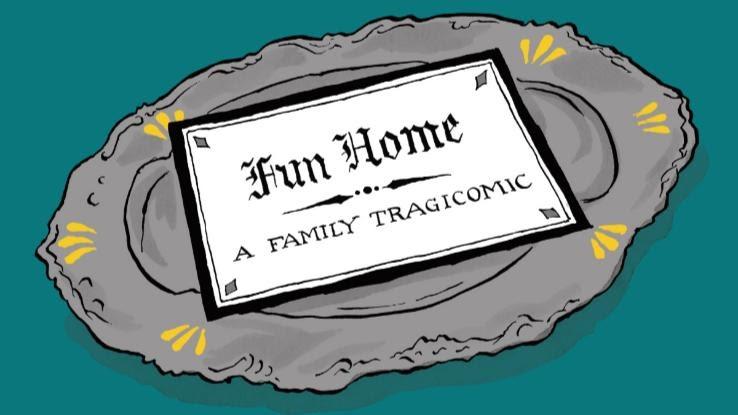
Full of chilly, blue-toned artwork meant to highlight the bleakness of the subject matter and the “arctic climate” of the author’s family, Fun Home is an intimate, mesmerizing example of a graphic memoir — and a graphic novel — at its finest. It’s a story of unearthing the self and trudging through the grief that bubbles up when we think back on people we’ve lost, choices we’ve made and past selves we’ve abandoned, and the catharsis Fun Home provides is a reward all on its own.
“We3,” by Grant Morrison (2005)
For a story centered around animals, We3 hits on a myriad of deeply human themes. Loss, abandonment, and identity are just some of the motifs found throughout this harrowing tale. Bandit the dog, Tinker the cat, and Pirate the bunny are three cybernetically enhanced “animal weapons” created by the American government to serve as the ultimate soldiers – until they’re deemed expendable. The three are rescued from the military by their creators and set immediately out on a journey to find “HOME”.
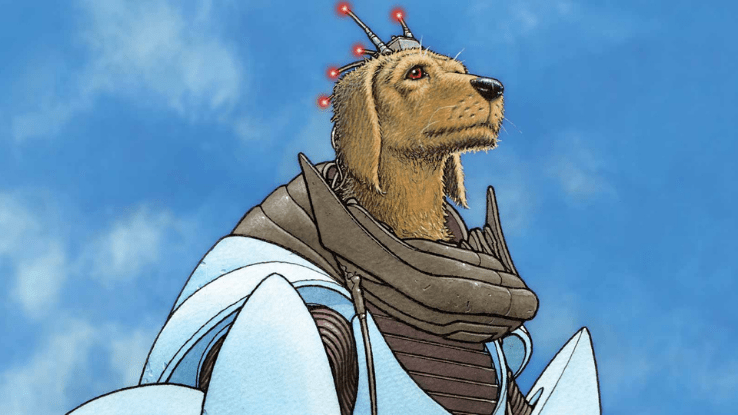
Grant Morrison originally penned this three-issue series back in 2005 while Frank Quitely provided this story’s now-iconic artwork. We3 will be a hard read for pet parents and animal lovers, as animal cruelty is one of this project’s most intrinsic themes. But the cruelty, violence, and tragedy presented in this narrative aren’t without merit. Morrison juxtaposes death and callousness with love and compassion, then asks readers to determine how much a life is worth – be it a person’s life or an animal’s.
“Fables: Legends in Exile,” by Bill Willingham (2012)
At its core, Fables is a story about stories. This series examines how we shape stories, and how we’re also shaped by them in turn. Characters from fairy tales, nursery rhymes, and old wives’ tales serve as the primary protagonists, and antagonists, of Bill Willingham’s legendary series. The likes of Snow White, Pinnochio, Prince Charming, Beauty and the Beast, and the Big Bad Wolf dwell in the fictional New York community of Fabletown. There, they try to eke out normal lives for themselves – or as “normal” as these larger-than-life figures can manage.
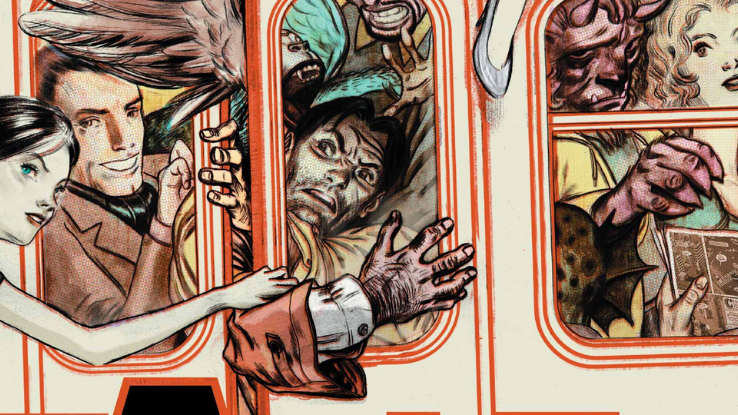
There are over 150 Fables comic books as of this writing, most of which are available as multi-issue graphic novels. Fables: Legends in Exile is the starting point for newcomers; it offers the first five issues of the original comic plus an additional called ‘A Wolf in the Fold’. Fables’ litany of nuanced characters elevated the series above many of its contemporaries, alongside Willingham’s ability to tackle intricate themes – sometimes with grace and tact, and other times with harsh efficiency, but always with authenticity.






